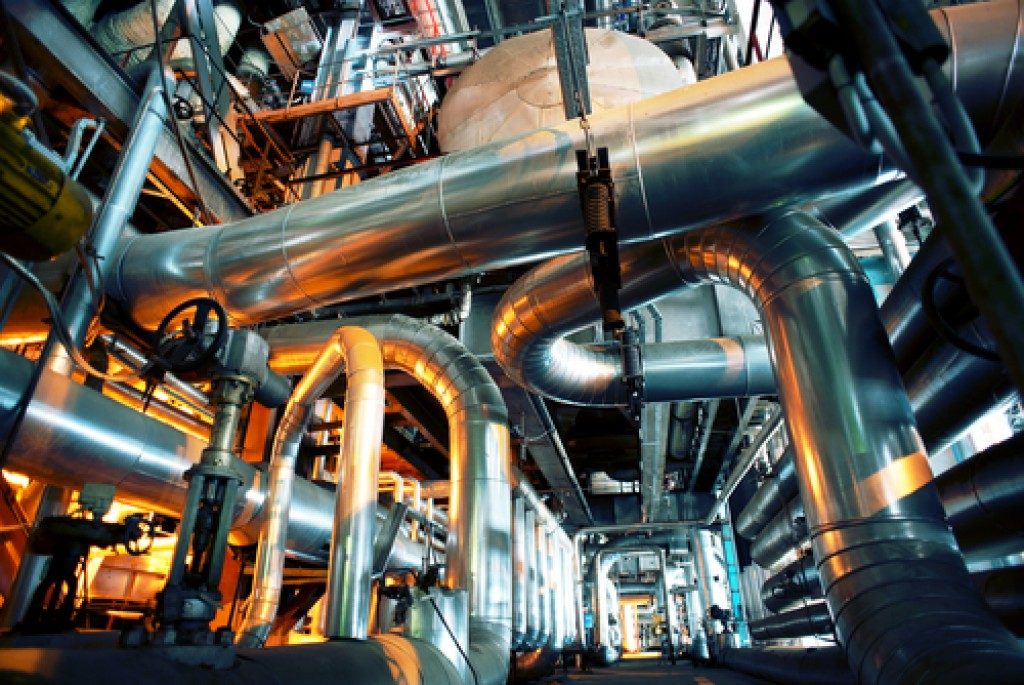When it comes to marine and industrial cables, the top cable suppliers in Singapore and other countries are the ones to trust. Getting your supplies from trusted suppliers ensures that you are compliant with the industry standards.
There are several types of cables used in marine, oil and gas, offshore, petrochemical, and industrial facilities. Every type has a distinctive purpose. Read on to learn more about them.
Flexible Control Cables
These cables have formulated jackets with an increased bend radius, making it easy to install. Its available form can be shielded or unshielded. It’s typically used in applications such as VFD drive, motor connections, HVAC, cable trucks, conveyors, automated manufacturing systems, and many others.
Heat Resistant Cables
In a hot environment, using the type of cable that can resist extreme heat is important. Most heat resistant cables on the market can withstand temperatures up to 400 degrees Celsius (752 degrees Fahrenheit). These cables are typically used in industries linked to refrigeration and heat engineering, plastic processing, manufacturing lamps, sauna construction, etc.
Instrumentation Cables
These contain a collection of conductor cables that transfer low energy electrical signals for observing and managing electrical power systems. The cable can also receive analog control system and digital signals from sensors and other equipment, operating at 24 to 100 voltage levels and 4 to 20 mA current ratings.
Interestingly, conductors in instrumentation cables can be copper or aluminum:
- Copper: ideal for conduction compared with aluminum because it’s denser but heavier
- Aluminum: can be larger than copper, but still lighter than copper.
When you use instrumentation cables, make sure they are at least 30 centimeters away from the power lines.
Lift and Hoist Cables
The perfect cables for crane, drum reeling, and conveyor systems are lift and hoist cables. With the ability to resist breaking, these cables provide durability and flexibility. By placing this type of cable in a movable construction, managing tensile stress becomes easier. Another interesting feature of the lift and hoist cables is that they are weather-proof.
Offshore Instrument Cables
Also known as communication cables, offshore instrumentation cables are used for transmitting signal on drilling shops, production podiums, and FPSO (Floating Production Storage and Offloading) units. Offshore instrument cables control and drive valves, sensors, and alarm systems.
Offshore Power Cables

The offshore power cable is popularly known as offshore electrical cable. It’s a type of cable with high quality and conformity to the highest offshore standards. These cables are essential for applications such as FPO, FPSO, drilling ship, FSU, Topside, and the like — providing lighting, power, and control system.
Rubber-Insulated Neoprene Cables
These cables are sturdy and ideal to use in dry, damp, and wet areas. They can withstand low temperatures up to -25 degrees Celsius (-13 degrees Fahrenheit). They are used in mobile electrical equipment. With ultimate flexibility features, it also has a self-extinguishing capability.
Marine Cables
The ideal marine cables are halogen-free, self-extinguishing, and flame retardant. Note that there are requirements to meet for marine cables to ensure the safety of the passengers and goods that are being transported.
For optimum peace of mind, all your cables and equipment must meet the standards of the Australian Maritime Safety Authority. It’s better to be prepared for anything that could happen during the voyage.

